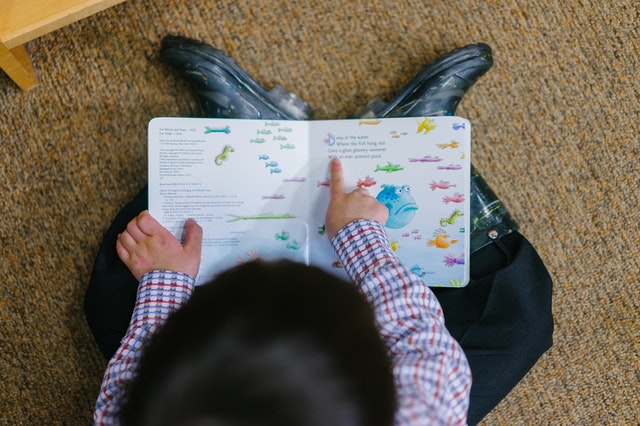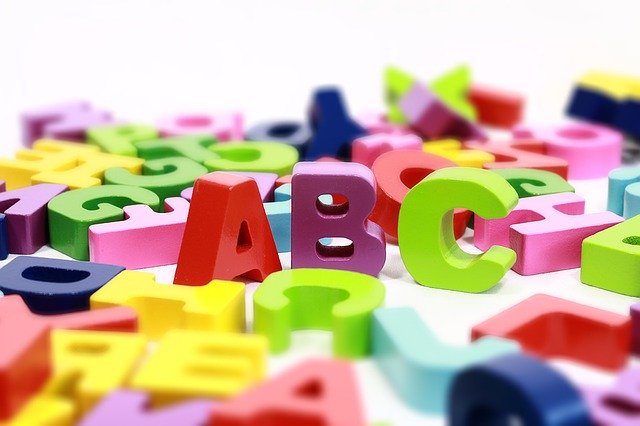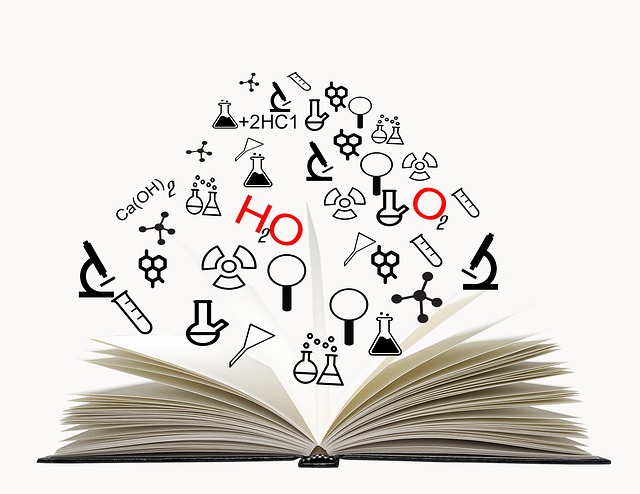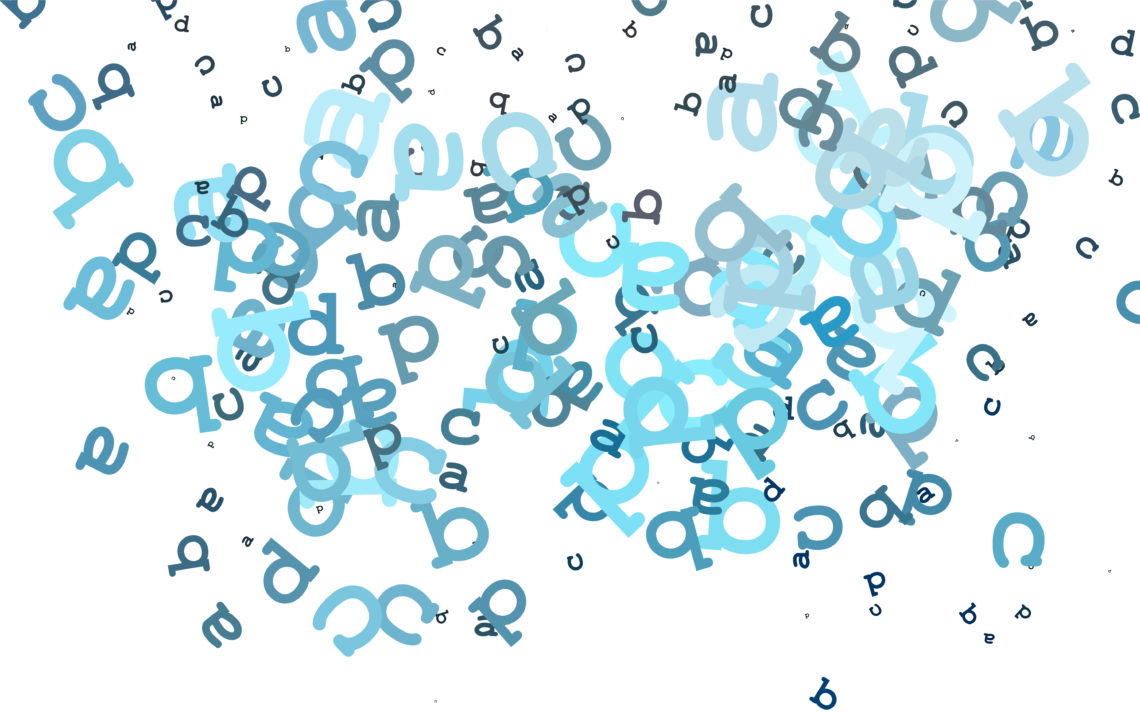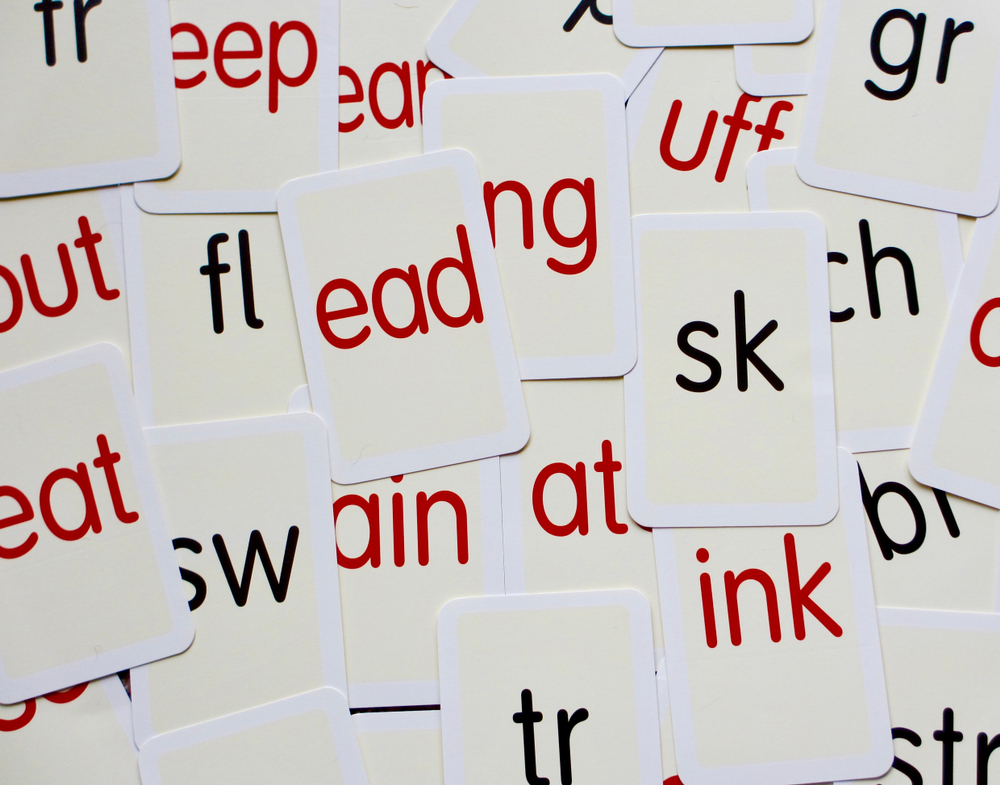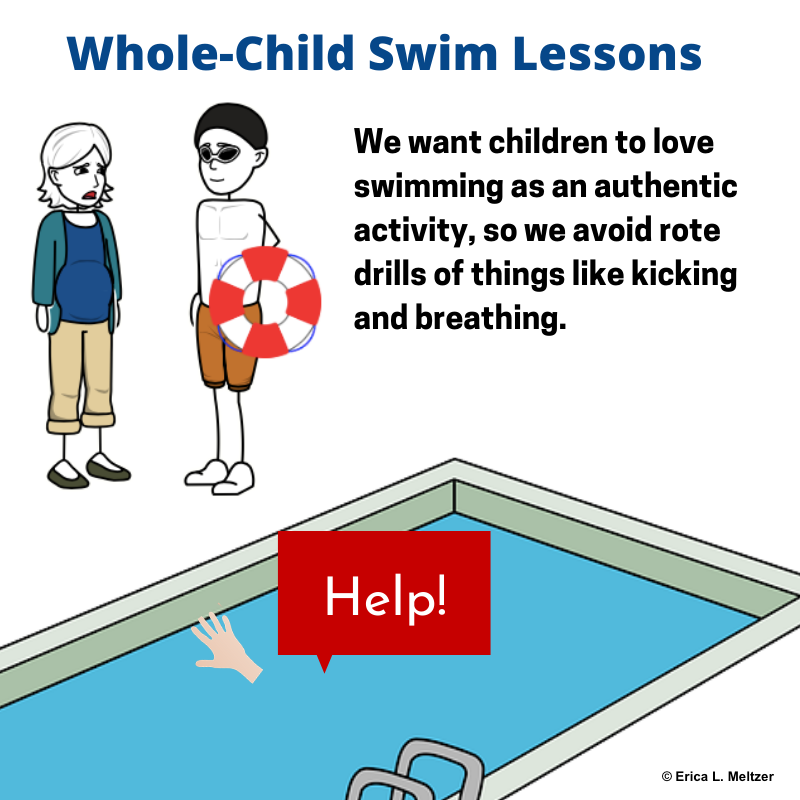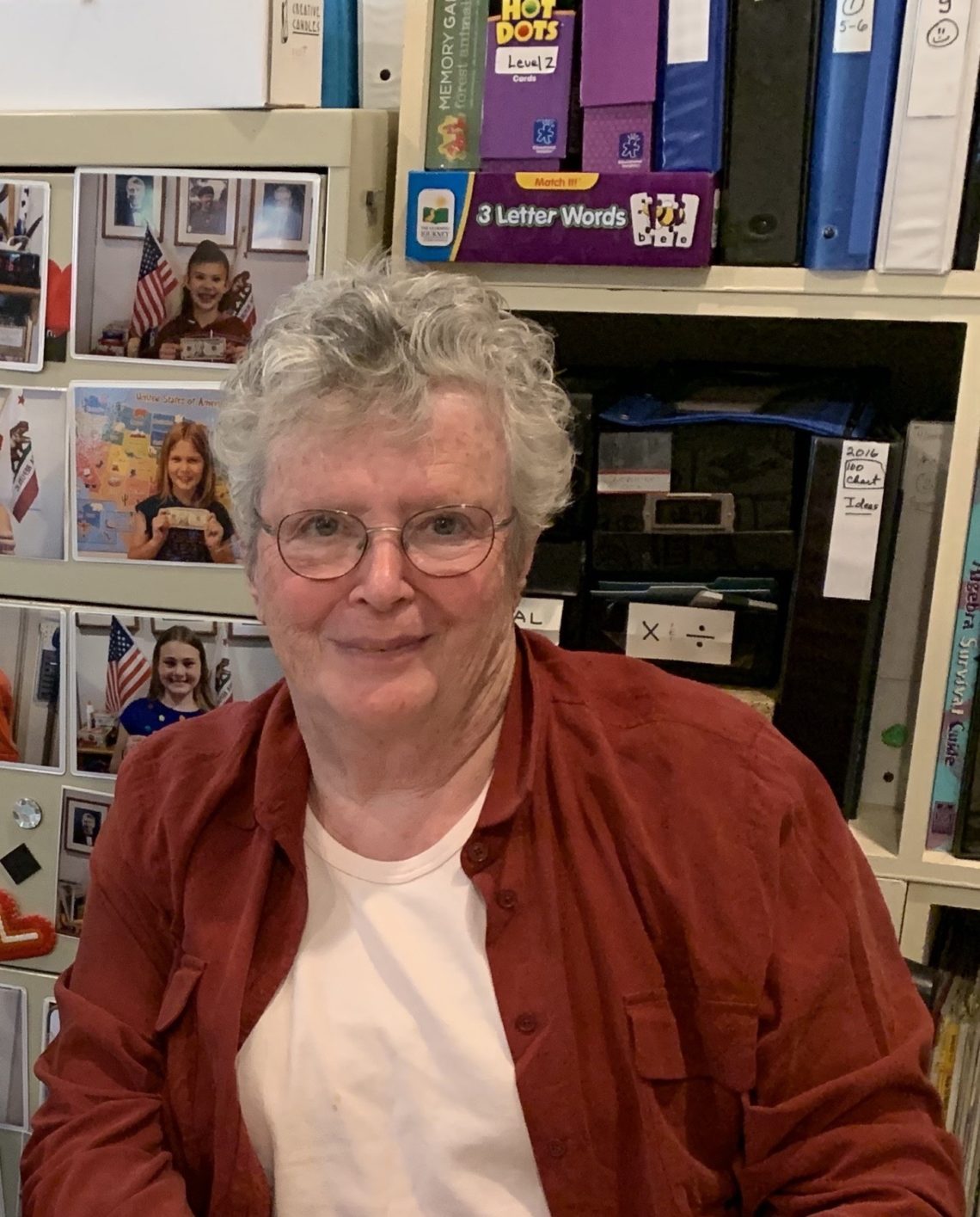Fountas and Pinnell, as well as other balanced literacy programs, places a great deal of emphasis on this guided approach to reading and group work because, fundamentally, they see reading as a social activity, rather than an individual’s ability to decode text, something that happens in the confines of the brain in the reading circuit.
- Decoding, Dyslexia, Fluency, Phonemic Awareness, Phonics, Reading Instruction, Sight Words, Three Cueing System, Whole Language
-
Boys Are Falling Behind in Reading Worldwide
The following article was written by Valerie Erde of Veridian Prep and is cross-posted from that website. Houston, we have a problem. Our boys and young men are falling behind generally in educational attainment. In fact, worldwide, women are enrolling in college and universities at much higher rates, are achieving higher grades in college, and completing degrees at higher rates than their male peers. One explanation for this disparity is that between the ages of 15-24, boys especially lag their female peers in reading and writing skills – skills necessary for strong performance in high school courses, on standardized tests, and in more rigorous college-level work. If you’re thinking “oh,…
-
Put a Finger on It! How Finger-Tracking Can Help Improve Children’s Reading
As adults, we tend to take a lot of things about reading for granted. For example, it’s obvious to us when book cover belongs in the front vs. the back. And everyone knows that English text is read from top to bottom and from left to right. What we forget, however, is that children don’t come into the world automatically knowing these things; they have to be taught, either indirectly (from observing adults and older children read) or directly (from being taught by a caregiver or a teacher). Even if children understand these aspects of reading well before they begin school, the actual act of turning squiggles on a page…
-
Phonology, Phonemes, and Phonics
Phonology Phonology is the system of speech sounds that make up a language. Phonological awareness is the ability to recognize and distinguish between sounds in a language. It involves hearing only. It allows people to do the following: Count words in a sentence Count syllables in a word Identify rhymes Identify the sounds in a word Manipulate sounds (e.g., replace the “g” in got with an “n”). Phonological awareness has different levels. For example, counting the words in a sentence and identifying rhymes requires a lower level of phonological awareness, whereas counting the syllables in a word requires a higher level. Identifying sounds in a word and manipulating (adding to or deleting) those sounds…
-
The Science of Reading: 5 Key Concepts
The Science of Reading has been in the news a lot recently, and not surprisingly, many people (including a lot of teachers) find the sheer amount of information it involves overwhelming. So, the basics: the Science of Reading is not a movement or a belief system. It is a vast body of research based on hundreds of studies conducted by dozens of researchers over many decades, and involving fields in the social and hard sciences such as psychology, linguistics, and neuroscience. While researchers still have questions about the exact processes by which skilled reading develops, a sufficient number of studies have produced similar results to allow them to conclude that…
-
10 Signs of a Decoding Problem
Written English is a code in which letters and groups of letters are used to stand for sounds, and to be able to read, children must learn to break it—literally, to de-code it. Although skilled reading involves many factors, decoding ability is the foundation on which it rests; after all, it is impossible to pay attention to meaning unless one knows what the words say! The following list is intended to indicate some key warnings signs that may indicate a decoding problem. It is not, however, intended to be used a source for any particular diagnosis. Keep in mind that children learn to read at varying rates, and that some…
-
What Does It Mean to Be “Phonetic”?
One of the most common justifications for not teaching reading as a code in which letters correspond to sounds is that written English contains too many exceptions, and that attempting to teach them all will only lead to confusion. In reality, however, the vast majority of English words are spelled phonetically (50%) or contain only one irregular sound, usually a vowel (36%). (Research also indicates that children can often infer the identities of many common words with slightly irregular misspellings.) I recently posted these statistics on Facebook and received a predictably snarky response of “How many perfectly phonetic words are in this post?” as if the point of the post…
-
And Seem a Saint
We don't tend to assume kids can swim and toss them in the deep end with no preparation to teach them how to swim. We'd rightly assume there's a 50/50 chance they'd drown without first being shown how to swim step-by-step. Someone I met once, likewise, compared education to tossing baby birds out of a nest, and the thought naturally occurred to me that, just as an ill-prepared swimmer might drown, a baby bird with no flying experience has a good chance of dying of a broken neck on the forest floor without being taught how first.
-
Royal Jelly
This column has been in process for over two years. It grew from thinking about the way Royal Jelly determines the life roles of bees. It is a special substance that goes to all bees—but some get more than others. What this fact of simple biology made me think about was something I see each day. In our society there is a similar treatment, a special potion that admits the young person into the inner circle. For us, Americans in the 21st century, that special potion is learning to read. Without it a child will be stunted and sterile—left behind and closed out. A child may become sad and withdrawn, or…
-
The Sorceress
Elizabeth Haughton sent Jean Tucker to me. She told Jean that I could teach her to chart her student’s performance on the Standard Celeration Chart, and Jean came down to Hingham from Exeter, NH and spent a day with me learning to chart. She found it confusing and frustrating at first, but quickly got the hang of it. Jean was and continues to be the most knowledgeable and inquisitive language and reading expert I have ever met, and that meeting was the beginning of an important friendship. Jean was happy to learn to chart and went back to her learning center in Exeter and made Precision Teaching a part of…


